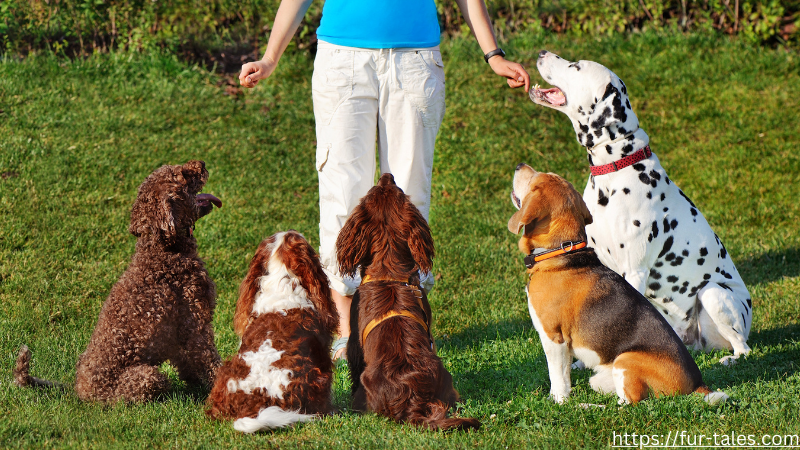
Does Your Dog Need Professional Behavior Help?
Every dog has its quirks—some bark a bit too much, some love chewing socks, and others are just overly excited when guests arrive. But sometimes, certain behaviors go beyond harmless habits and start affecting your dog’s well-being or your daily life. That’s when it might be time to ask: Does your dog need professional behavior help?
Recognizing the signs early and seeking help can make a world of difference for both you and your dog.
What Is a Dog Behaviorist or Trainer?
A professional dog behaviorist or certified trainer specializes in understanding, managing, and modifying dog behavior. They use science-based methods to teach new habits, reduce unwanted behaviors, and improve communication between dogs and their humans.
There’s a difference between general obedience training (sit, stay, come) and behavioral help, which addresses more complex issues like aggression, anxiety, or fear.
Common Signs Your Dog May Need Behavior Help
1. Aggression
Lunging, growling, snapping, or biting—whether directed at humans or other animals—is a serious sign that needs immediate attention. Aggression can stem from fear, pain, or frustration and should never be ignored.
2. Severe Separation Anxiety
If your dog becomes destructive, howls, or has accidents every time you leave the house, it may be experiencing intense separation anxiety. This condition can worsen over time without proper intervention.
3. Excessive Barking or Whining
Vocalizing occasionally is normal, but constant barking or whining, especially without a clear reason, can be a sign of distress, boredom, or confusion.
4. Destructive Behavior
Chewing furniture, tearing up cushions, or digging holes indoors may signal anxiety, boredom, or lack of mental stimulation. A behavior expert can help identify the root cause and redirect this energy.
5. Obsessive or Repetitive Actions
Tail chasing, pacing, or licking the same spot excessively can indicate stress, compulsion, or even a medical issue. If your dog shows these patterns often, it’s time to consult a professional.
6. Fearful Reactions
If your dog reacts strongly to noises, people, or environments by cowering, shaking, or trying to escape, they may be dealing with a fear-based behavioral issue.
7. Trouble With House Training
Ongoing accidents in the home, even after consistent training, might point to a behavioral or medical problem that requires expert support.
Benefits of Getting Professional Help
- Personalized behavior plans based on your dog’s needs
- Improved communication and trust between you and your dog
- Safer interactions with people and other animals
- Greater peace of mind for you as a pet owner
- Happier, healthier routines and less stress at home
When to Involve Your Veterinarian
Behavioral issues can sometimes be linked to underlying medical conditions. Pain, hormonal changes, or neurological problems may influence how your dog behaves. Before starting a behavior plan, it’s smart to rule out health concerns with a vet visit.
Choosing the Right Behavior Expert
Look for professionals with certifications like:
- Certified Applied Animal Behaviorist (CAAB)
- Certified Professional Dog Trainer (CPDT-KA)
- Fear Free Certified Trainers
- Veterinary Behaviorists (DACVB) for complex or clinical issues
Always ask about training methods and make sure they use positive reinforcement techniques rather than punishment-based approaches.
Image Source: Canva
